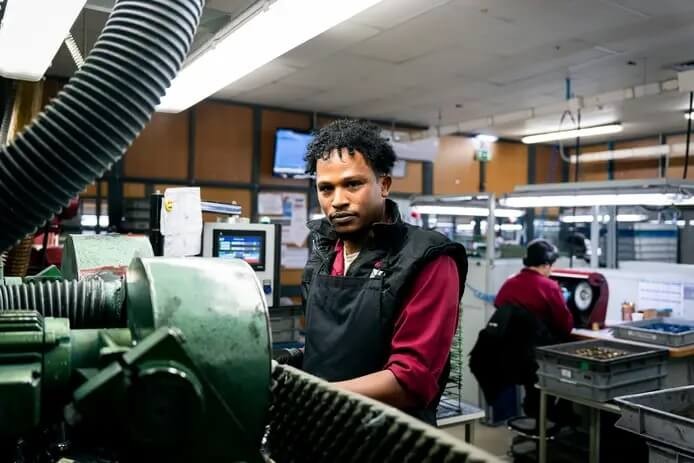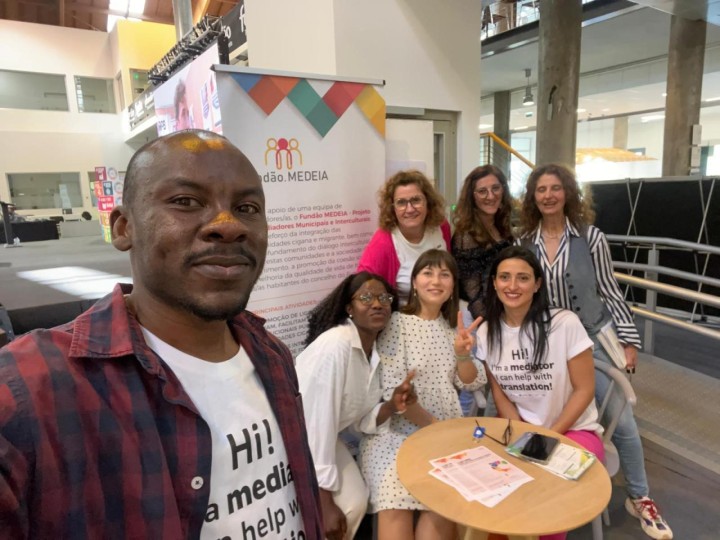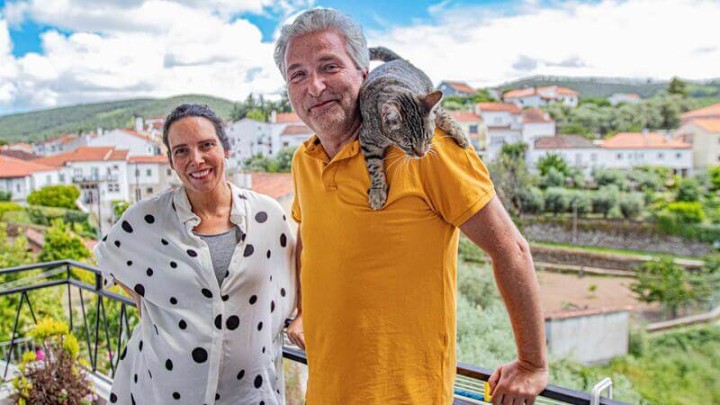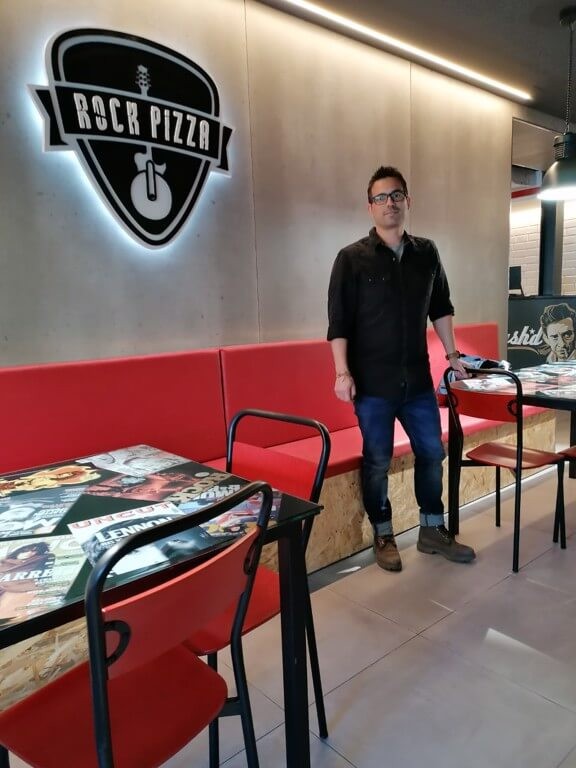Can low density and labour shortages transform into an opportunity? In Fundão, weaknesses are converted into strengths, attracting investments in the technological and polishing sectors for the luxury industry while opening doors to immigrants and refugees. In the town centre, you can find okra in the grocery store, but no houses are available for rent. A silent revolution is underway, creating a new history of myriad little big stories.
Take Mezcal, for instance. Thirty years old and full of life, he takes a break from his shift at J3LP, a subsidiary of the French group J3L dedicated to polishing accessories for the luxury industry. Having been with the company for four years, Mezcal's English and Portuguese skills are limited, leading conversations to rely on a friend loudly translating Tigrinya into Portuguese (and vice versa) via mobile phone. Despite language barriers, he was warmly welcomed into the company, underwent training, and is now regarded as an "excellent employee". Operating a semi-automatic machine, Mezcal meticulously places and removes small gold pieces under sandpaper. At the end of the month, he earns nearly €1000: the €836 base salary paid to all employees (emphasised by director Paulo Nobre as "ten per cent above the national minimum wage") plus 100% paid overtime, which he frequently works. The mention of his salary brightens his face with pride.
He left Eritrea searching for a better life. Along with 450 other souls, he embarked on a boat in Libya. Luckily, they arrived safely in Italy after two days at sea in the Mediterranean. Among them was Agustina, a 25-year-old Nigerian who left her family behind like him.
"I came by boat; it wasn't an easy journey, but I made it here, thank God," says Agustina. She speaks English, making communication easier. "I wanted to come to Europe but didn't have a specific destination." In truth, she had no guarantee that the smuggler she paid over a thousand euros to would take her anywhere. Eventually, she reached Italy and later Portugal, where, like Mezcal, she was sent to the Seminary in Fundão. In 2016, the Municipality, led by Paulo Fernandes, in collaboration with the Bishopric of Guarda and the High Commission for Migrations, established a reception structure for immigrants. The Municipality has since welcomed 271 refugees from various origins, including recent arrivals from Ukraine, Afghanistan, Crimea, and Syria. "We are a community that seeks to embrace diversity and embraces the values of interculturality". This initiative was also a response to the labour shortage. Nowadays, Fundão is home to people from 70 different nationalities.
Agustina worked in cleaning at Intermarché and Cerfundão (an agricultural company) before transitioning to polishing. She had never considered this type of work before, but she learned quickly, handling thousands of pieces then shipped to France, where they become integral parts of bags, belts, or footwear sold in stores she is unlikely to enter. She shares a house with two other immigrants in Donas, a village a few kilometres away. The main barrier she faces is the language. Despite having attended Portuguese lessons for five months, she struggled with them. "Communication is the best way to learn Portuguese," she remarks. As for her plans, she remains uncertain.
The future may be already here.



